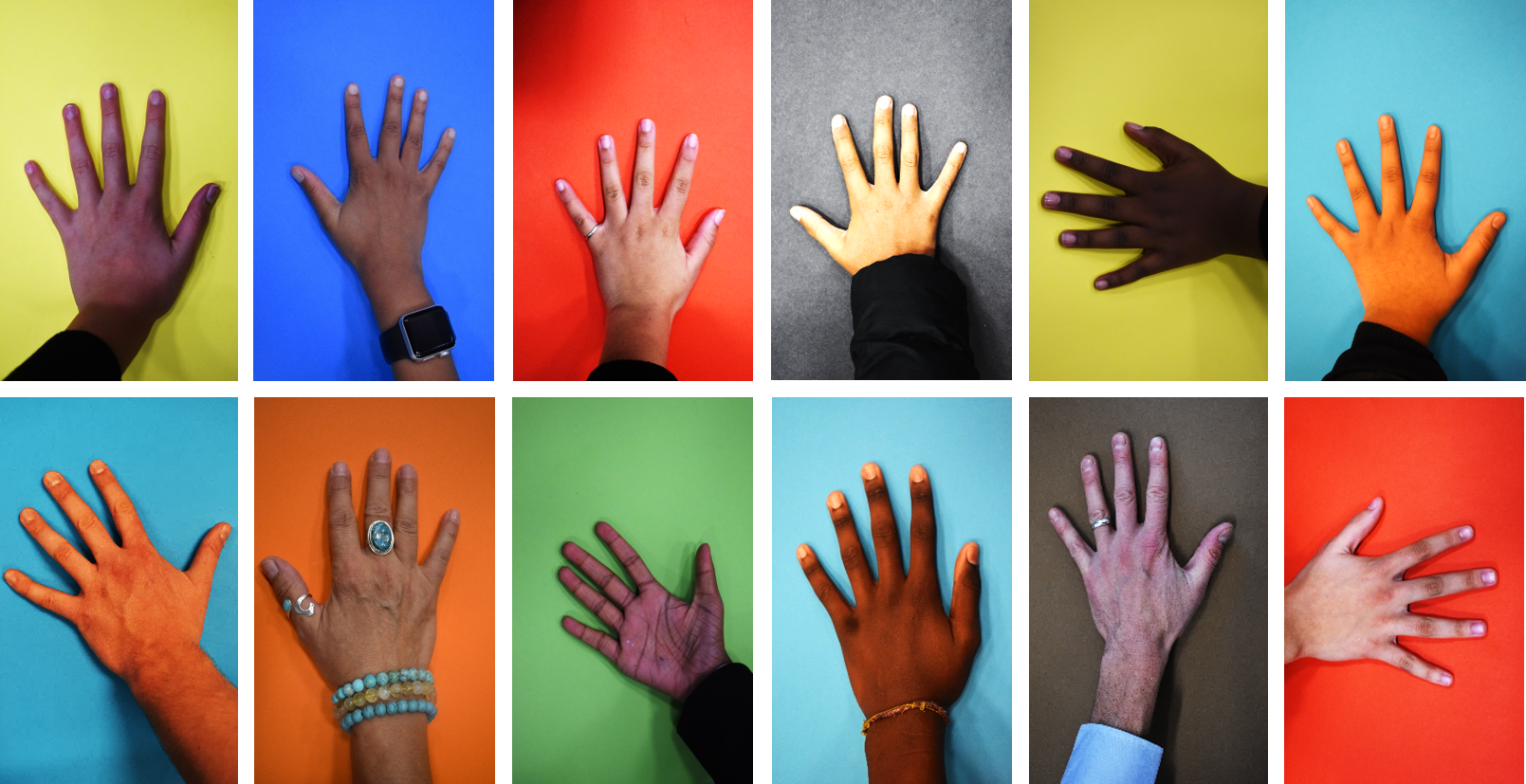Careers Education & Inspiration in Key Stage 3
We have developed our Key Stage 3 curriculum in alignment with the six learning areas outlined in the CDI’s Career Development Framework. This framework identifies the key outcomes that career development programmes should aim to achieve, ensuring that students acquire the essential skills needed to build positive and fulfilling careers.
When designing our programmes, we consistently ask:
How does this activity help students to:
- Grow throughout life?
- Explore possibilities?
- Manage their career?
- Create opportunities?
- Balance life and work?
- See the big picture?
Each activity may target a specific learning outcome, but the overall curriculum is carefully structured to ensure that students engage with all six learning areas. This comprehensive approach supports the holistic development of career management skills from an early stage.
|
Theme |
Outcome |
Big Questions |
|
Self-development through careers and work-related education |
1. Self-Awareness |
Who are you? What are your strengths and preferences? |
|
2. Self Determination |
What is your story? What are you doing to make progress, raise your achievement and improve your wellbeing? |
|
|
3. Self-improvement as a learner |
How have you benefitted as a learner from careers education and inspiration activities? |
|
|
Finding out about careers and the world of work |
4. Exploring careers and career development |
Can you describe different ways of looking at people’s careers and how they change over time? |
|
5. Investigating work and working life |
Can you identify different kinds of work? Can you explain why some people are more satisfied with their working life than others? |
|
|
6. Understanding business and industry |
Can you describe the organisation and structure of different types of business? |
|
|
7. Investigating jobs and labour market information (LMI) |
Do you know what labour market information (LMI) is? Do you know how it can help you plan your career? |
|
|
8. Valuing equality, diversity and inclusion |
Do you know how to challenge stereotyping and discrimination that is damaging to you and those around you? |
|
|
9. Learning about safe working practices and environments |
Are you aware of the laws and by-laws relating to young people's permitted hours and types of employment? Do you know how to minimise the health and safety risks to you and those around you? |
|
|
Developing skills for career management and employability |
10. Making the most of careers information advice and guidance |
Can you identify your personal network of support. Do you know how to access the impartial careers information, advice and guidance that you need? |
|
11. Preparing for employability |
Do you know the qualities and skills that make you more employable? Can you provide evidence that you have demonstrated your employability skills both in and out of school? |
|
|
12. Showing initiative and enterprise |
Can you recognise when you are using the qualities and skills you need to enterprising? |
|
|
13. Developing personal financial capability |
Can you show that you can manage a personal budget? Do you contribute to your household and school budgets? |
|
|
14. Identifying choices and opportunities |
Can you look systematically at the choices and opportunities open to you when you reach a decision point? |
|
|
15. Planning and deciding |
Do you know how to negotiate and make plans and decisions carefully to help you get the qualifications, skills and experience you need? |
|
|
16. Handling applications and selection |
Do you know how to prepare and present yourself well when going through a selection process? |
|
|
17. Managing changes and transitions |
Can you show you can be positive, flexible and well-prepared at transition points in your life? |

